Laravel eCommerce with Vue.js
Read more at https://www.phpclasses.org/package/12303-PHP-Implementation-of-an-interactive-eCommerce-site.html#2021-11-27-21:11:56
This past week, the latest PHP RFC, Deprecate Dynamic Properties, passed 2:1. It just barely met the 2/3 vote threshold for passing, which of course can and has been spun in various pro-and-con ways. The RFC covers the change itself fairly well so I won't go into detail about it here.
The main argument people had against it was that it involves triggering deprecation warnings. Which... is kind of the point. That's kind of all it does.
This is not the first time that debate has come up, but it's been coming up more frequently and we, as PHP, need to improve the answer.
(Continue reading this post on PeakD.)

Register now for the free Bruce Clay live event: “5 Signs Your SEO Team Doesn’t Know What It’s Doing”
Bruce Clay is hosting a webinar on December 1, 2021 titled ‘5 Signs Your SEO Team Doesn’t Know What It’s Doing’. Bruce Clay will discuss signs that your SEO team may be off track on December 1, 2021, at 10 a.m. Pacific time.
Some of the topics discussed in this webinar:
For example, does your SEO team …
Search engine optimization is essential for business leaders, as brands increasingly depend on online visibility. SEO is a method that brings qualified traffic to your website, which leads to increased revenue. Businesses should be focusing on the best practices in search engine optimization and avoiding making mistakes that could hurt their website’s search ranking.
Bruce Clay, the webinar host, will discuss the signs that your SEO team is not equipped to rank higher than your competitors. Bruce will draw on his vast experience in working with clients websites of all sizes and types to offer expert advice that can help you identify your weaknesses and build a better team. He will be available for live questions and answers after his presentation.
To sign up for the free live webinar, visit https://www.seotraining.com/pages/webinar
Do you have an upcoming free webinar on a Digital Marketing industry topic? Let me know the details and I’ll help get the word out about it.

Helloooo, dear reader and web performance enthusiast!
It's time to sit down and write an article for the performance calendar.
Here are some more details.
Or if you're not feeling like writing, look around you and recruit the person you think should share their knowledge with the world.
What do you want to write about? Some ideas:
.htaccess line to put in my cheapo Dreamhost shared server to make my pages flyyyyieAdditionally, take a look at this list of oldies but goodies for inspiration.
Let's make the web faster, one site at a time. It all starts with you.
p.s. In December I'll have a couple of final exams related to my hobby so time will be tight. Please send your article as soon as you can, so I can batch the work and not freak out "Do I have an article for tonight?!"
330 React Interview Questions – Perhaps the most comprehensive collection of React JS interview questions you’ll ever find.
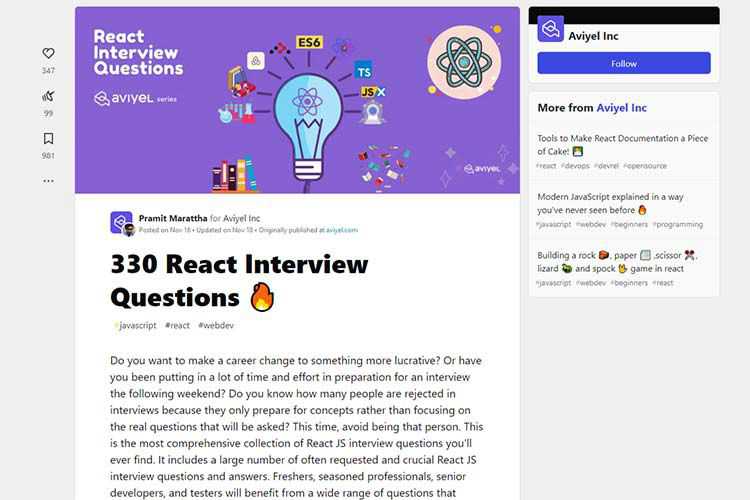
The Power of Automating WordPress – A look at WordPress automation tools and basic examples of what they can do for you.

Layout patterns – Check out this collection of CSS layouts for common UI elements.
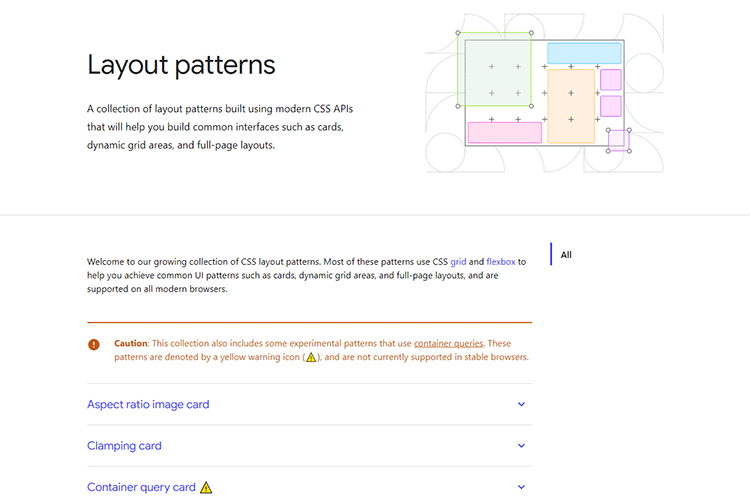
Parallax Powered by CSS Custom Properties – A step-by-step guide to creating some unique parallax effects.

JOY.JS – This JavaScript library provides a fun GUI for creating your own tools.
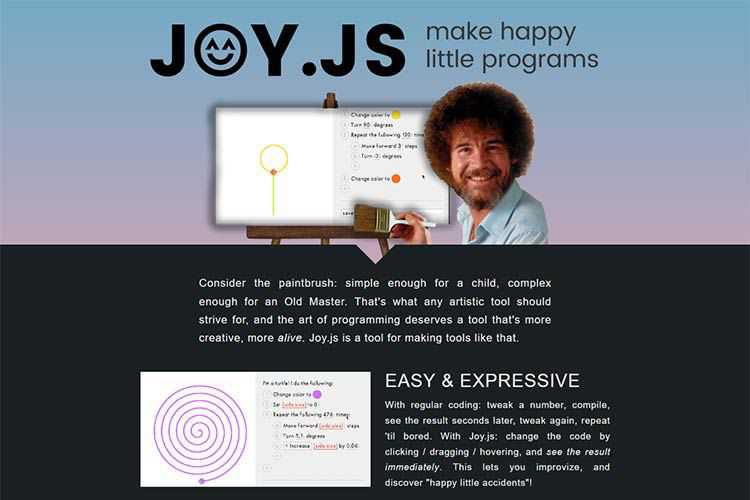
10 WordPress Plugins to Supercharge Advanced Custom Fields – Power up your usage of ACF with these companion plugins.
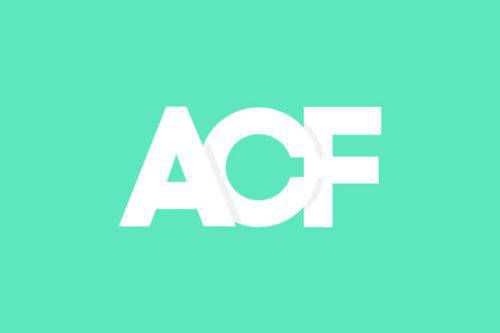
Flip, Invert, and Reverse – Learn some handy SVG transformation techniques with this tutorial.

Slideshow with Filter Reveal Effect – The steps behind building a slideshow page layout with a filter enhanced navigation effect.

Stop Worrying About People Stealing Your Ideas – Why you don’t need to be paranoid about others taking your ideas.

RegexLearn – This tool will help you learn RegEx with step-by-step instructions.

A Guide To Modern CSS Colors With RGB, HSL, HWB, LAB And LCH – Some advice on the not-so-obvious things you have to keep in mind when handling colors in CSS today.

25 Free Bootstrap Dashboard & Admin Templates – Find the perfect free Bootstrap template for your application’s dashboard.
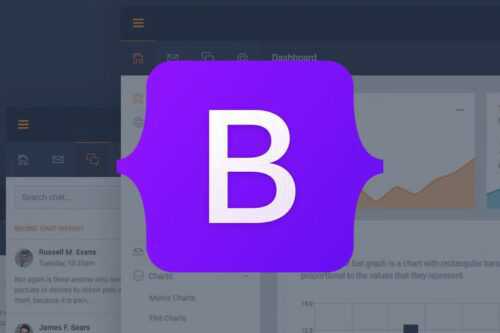
Using Position Sticky With CSS Grid – Learn how to make sticky elements play nicely with the modern CSS layout technique.
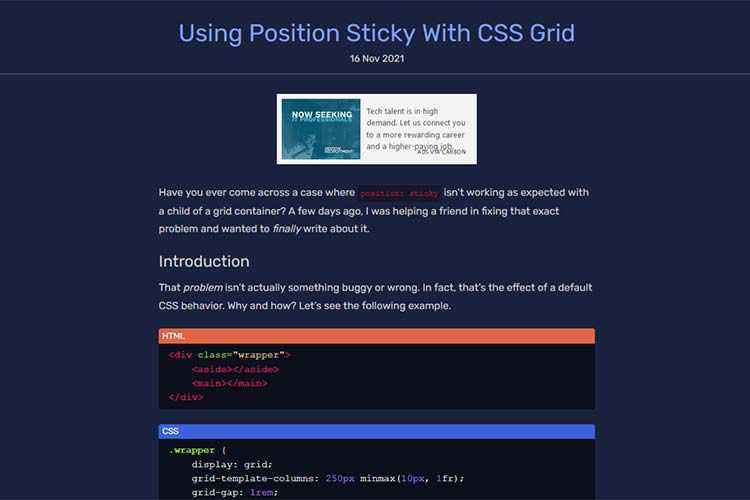
Runno – Use this tool to create runnable code examples.
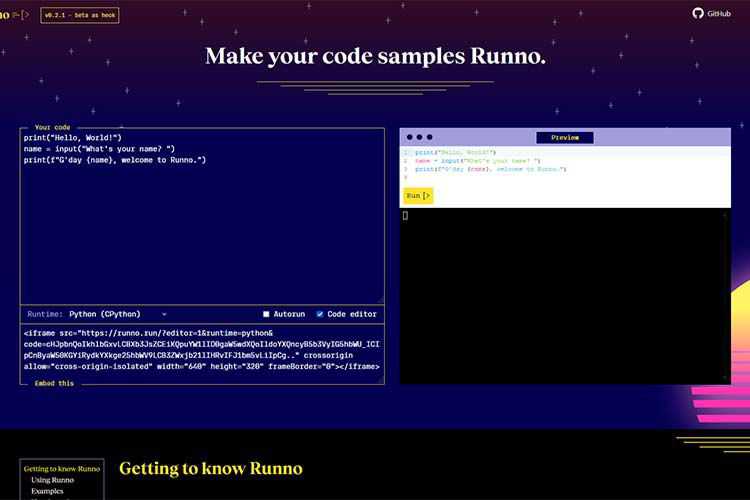
How WordPress Full Site Editing Could Impact the Design Process – This new feature has the potential to change how we design for WordPress.

Swiffy Slider – A slider and carousel script that takes advantage of modern browser technology.
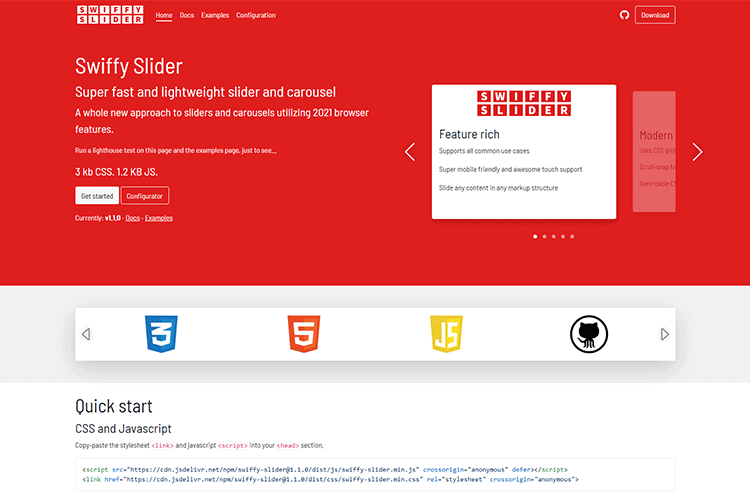
BubblesJS – A visualization framework that provides a variety of chart types, filters and KPIs that can be composed to create cross connected dashboards.
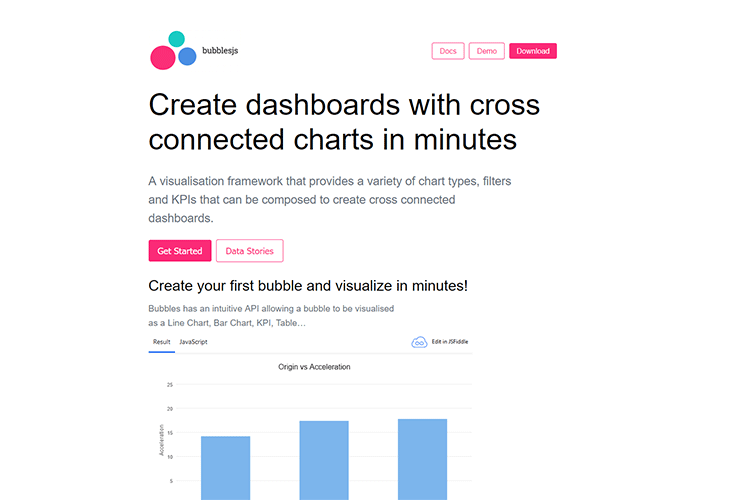
The post Weekly News for Designers № 620 appeared first on Speckyboy Design Magazine.
In this episode of "PHP Internals News" we're looking back at all the RFCs that we discussed on this podcast for PHP 8.1. In their own words, the RFC authors explain what these features are, with your host interjecting his own comments on the state of affairs.
The RSS feed for this podcast is https://derickrethans.nl/feed-phpinternalsnews.xml, you can download this episode's MP3 file, and it's available on Spotify and iTunes. There is a dedicated website: https://phpinternals.news
Hi, I'm Derick, and this is PHP internals news, a weekly podcast dedicated to demystifying the development of the PHP language.
This is episode 95. I've been absent on the podcast for the last few months due to other commitments. It takes approximately four hours to make each episode. And I can now unfortunately not really justify spending the time to work on it. I have yet to decide whether I will continue with it next year to bring you all the exciting development news for PHP 8.2.
However, back to today, PHP eight one is going to be released today, November 25. In this episode, I'll look back at the previous episodes this year to highlight a new features that are being introduced in PHP 8.1. I am not revisiting the proposals that did not end up making it into PHP 8.1 feature two features I will let my original interview speak. I think you will hear Nikita Popov a lot as he's been so prolific, proposing and implementing many of the features of this new release. However, in the first episode of the year, I spoke with Larry about enumerations, which he was proposing together with Ilija Tovilo. I asked him what enumerations are.
Enumerations, or enums, are a feature of a lot of programming languages. What they look like varies a lot depending on the language, but the basic concept is creating a type that has a fixed finite set of possible values. The classic example is booleans. Boolean is a type that has two and only two possible values true and false. Enumerations are way to let you define your own types like that, to say this type has two values Sort Ascending or Sort Descending. This type has four values for the four different card suits, and a standard card deck. Or a user can be in one of four states pending, approved, cancelled or active. And so those are the four possible values that this variable type can have. What that looks like varies widely depending on the language. In a language like C or C++, it's just a thin layer on top of integer constants, which means they get compiled away to introduce at compile time, and they don't actually do all that much they're a little bit to help for reading. On the other end of the spectrum, you have languages like rust or Swift, where enumerations are a robust, advanced data type and data construct of their own. That also supports algebraic data types. We'll get into that a bit more later. And is a core part of how a lot of the system actually works in practice, and a lot of other languages are somewhere in the middle. Our goal with this RFC is to give PHP more towards the advanced end of enumerations. Because there are perfectly good use cases for it, so let's not cheap out on it.
In the next episode, I spoke with Aaron Piotrowski about another big new feature: fibres.
A few other languages already have Fibers like Ruby. And they're sort of similar to threads in that they contain a separate call stack and a separate memory stack. But they differ from threads in that they exist only within a single process and that they have to be switched to cooperatively by that process rather than pre-emptively by the OS like threads. And so the main motivat
Truncated by Planet PHP, read more at the original (another 16365 bytes)